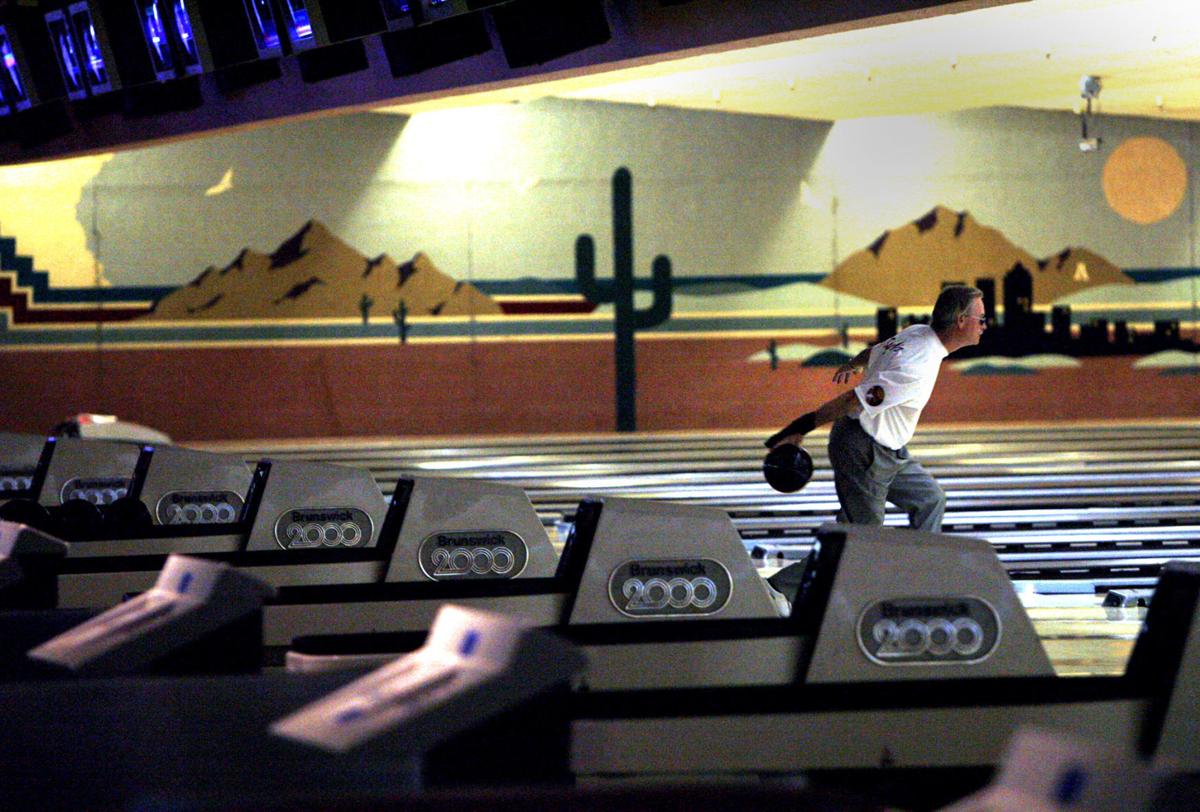The Pima County Board of Supervisors passed a resolution governing a possible sales tax for road repair Tuesday with the 3-2, party line vote many anticipated.
But to have any meaning, the resolution requires the unanimous passage of the actual sales tax on June 19, something none of the supervisors seem to be holding their breath for.
“We all know what’s coming,” Supervisor Richard Elías said of the looming sales-tax vote after the ordinance was approved.
Supervisor Steve Christy previously told the Star the measure was “dead on arrival.”
The ordinance approved Tuesday sets the ground rules for how the more than $900 million the half-cent sales tax is expected to generate over its 10-year life would be spent. Among other things, the ordinance requires that proceeds be spent on road repairs, sets up a distribution formula between incorporated and unincorporated areas based on both population and relative taxes, grants the RTA a substantial oversight role and mandates as much as $52 million in support from the general fund for programs benefiting low-income residents over the tax’s life.
Supervisor Ally Miller, another all-but-certain no vote in June, suggested pursuing authorization from the Legislature next year to enact a road-repair sales tax, as opposed to the general sales tax dedicated to road work now before the board.
She said she doesn’t trust the county to use the funds as promised, something Elías said was an unfair criticism.
“Despite all the acrimony over roads and road funding, I think that the Pima County supervisors have a good record of doing what we say,” he said.
“I just hope that in the future that this board and this community continue to work together in some fashion to try to find a meaningful, thorough and comprehensive road repair plan,” said Supervisor Steve Christy, who put out his own road sales tax plan last fall but voted against the ordinance Tuesday.
New name for The Loop
On another party-line vote, the supervisors approved the renaming of the massive paved county bike system the Chuck Huckelberry Loop.
That followed an April recommendation from the Pima County Parks and Recreation Commission and a letter from the Pima County Loop Advisory Committee supporting the change.
“From the time of the worst floods, in 1983, Mr. Huckelberry managed approximately $500 million in transportation and flood control capital improvements of what is now The Loop,” a letter from the parks commission reads. “It is through his vision that The Loop became a reality for all residents to enjoy.”
A 55-mile circuit that rings much of metro Tucson was connected earlier this year, making The Loop an actual loop. The network is one of the largest cars-free paved bike paths in the country, stretching as far north as Catalina State Park and as far south as Valencia Road along the Santa Cruz River.
Miller, Christy and Elías weren’t entirely comfortable with the change, and the first two voted against it.
“I just think it’s totally inappropriate, because he is still the county administrator, still working for Pima County,” Miller said. “I think it sends a bad message.”
Supervisor Sharon Bronson noted that neither the board nor Huckelberry had asked for the change, and the board was simply responding to a commission’s recommendation.
Bowling alley purchase
In another 3-2 vote, the board approved the nearly $3 million purchase of the Golden Pin Lanes bowling alley. The county estimates another $4 million in renovations will be necessary to allow for the consolidation of a number of county offices there, which officials say will result in substantial savings over the long-term.
Miller criticized the acquisition as an unnecessary expense and raised concerns about possible costs associated with asbestos. The contract allows the county to back out if such problems are found and not resolved by the current owner to its satisfaction.
“This is a savings, this is not a waste of taxpayer dollars,” Bronson said.







